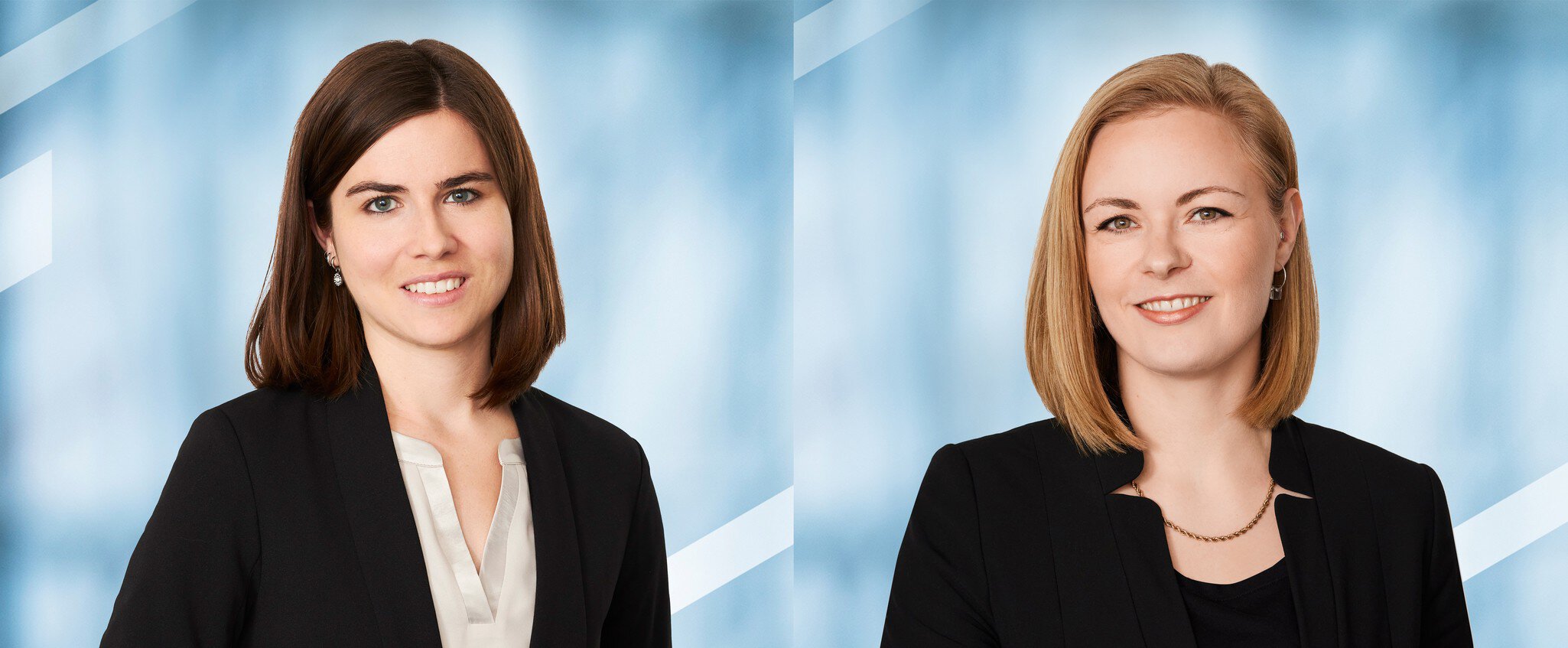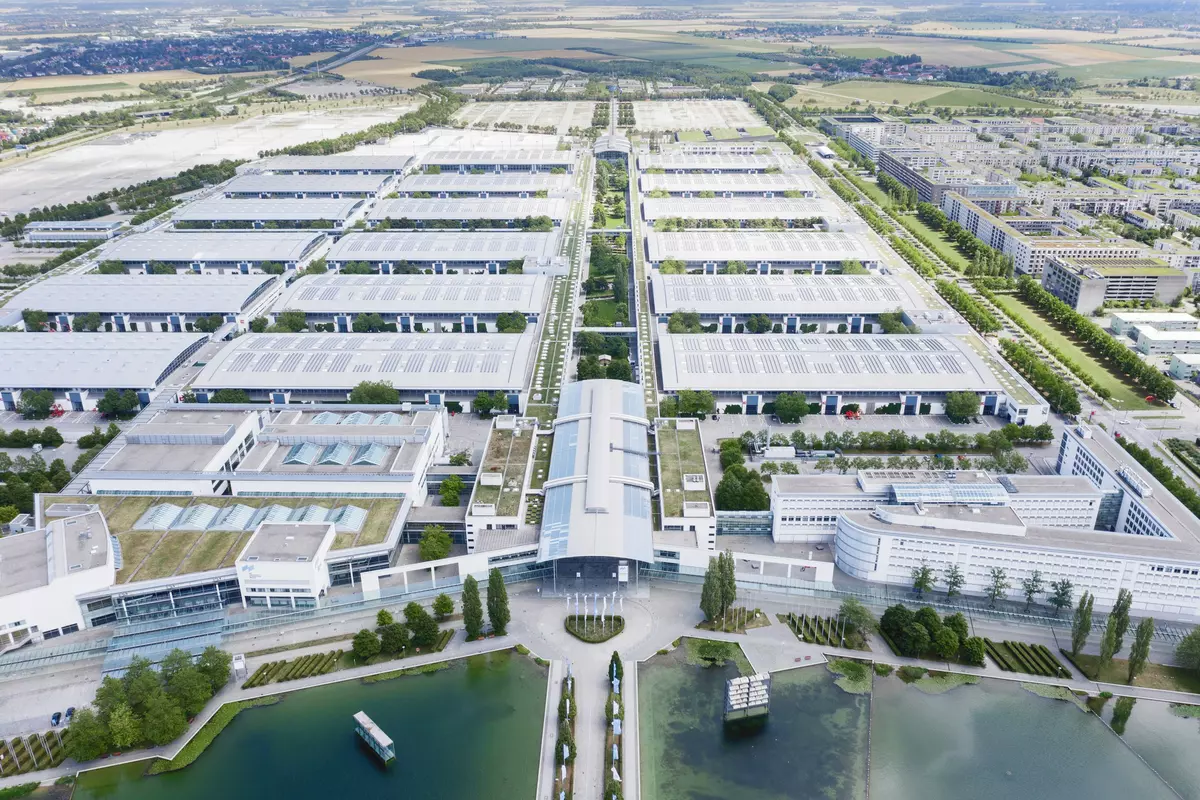IFAT

Sustainable transformation is one of the greatest challenges of our time. This also applies to us as a trade fair company. Messe München embraces its responsibility for the environment and society—a commitment that is an integral part of our corporate strategy.
Messe München is expanding its voluntary climate commitment “CO2 neutrality by 2030” and replaces it with the new climate target “Net Zero 2050.” To achieve this goal, a data-based climate strategy in the form of a greenhouse gas reduction plan will be developed based on the group-wide corporate carbon footprint for 2024. The strategy will be based on scientific standards and take economic aspects into account. Interim targets will be set along the way. With the “Net Zero 2050” target, Messe München is committing itself to the continuous reduction of emissions within its sphere of influence. Any remaining emissions that cannot be avoided will be removed from the atmosphere by 2050 through appropriate neutralization projects. The final climate strategy is expected to be communicated on the company's website in mid-2026.

Question: The adjustment of the target was necessary in order to continue to meet new legal requirements for the communication of a corporate climate target in the future. What does this mean for Messe München?
Jana Burns: Since the previous commitment was announced five years ago, there have been more specific legal requirements for corporate climate targets. Companies that declare a net zero target must therefore reduce the majority of their greenhouse gas emissions and follow the principle of “reduction before compensation”. Only unavoidable residual emissions, which account for approximately 10% of the carbon footprint, may be offset by so-called neutralization projects—i.e., measures for permanent CO₂e removal. Traditional compensation payments to third parties are important for global climate protection, but they are not considered a contribution to achieving science-based net zero targets.
Sophie Orthuber: For Messe München, these specific requirements also mean that the reduction plan will be extended to the entire group. Emissions from the upstream and downstream value chain will also be taken into account. In addition to CO2, other greenhouse gases such as nitrous oxide and methane contribute to global warming. These will also be included in our reduction plan in the future in accordance with scientific standards. This means that with the new target, we are not scaling back our climate protection ambitions but are rather expanding them. By the new target year of 2050, significantly more emissions are to be reduced than was envisaged under the previous voluntary commitment for 2030. Messe München is acting within the framework of the Paris Climate Agreement and can take relevant sector and country targets into account in its strategy.
Question: What is the process for developing the climate strategy?
Jana Burns: For the past year 2024, Messe München has prepared its first group-wide corporate carbon footprint, which also takes into account emissions from the value chain and emissions from subsidiaries worldwide. This provides the data basis for the development of a data- and science-based reduction plan.
Since 2009, Messe München has already reduced energy-related greenhouse gas emissions at its Munich location by 75 percent. An important lever in this was the switch to the purchase of green electricity. This shows that Messe München is already well on its way. The task now is to use the remaining potential for reducing emissions in this area and extend it to the entire group.
Sophie Orthuber: When it comes to reducing emissions from the value chain, the focus is on the four largest hotspot categories, which account for over 90% of total emissions: participant mobility, i.e., emissions from visitors and exhibitors traveling to and from our own events, as well as commuting behavior on site, purchased goods and services, waste, and employee business travel.
Once the strategy has been finalized, we will report transparently on the path, the interim targets, and, in the future, the progress made toward achieving the targets from mid-2026 onwards.
Transparency and credibility are at the heart of the new climate strategy and are crucial for the traceability and success of emission reduction measures.
Question: What challenges arise in developing the climate strategy?
Jana Burns: With the ambitious goal of “Net Zero 2050,” Messe München is committed to developing and implementing measures that contribute to a continuous reduction in emissions within its sphere of influence.
However, achieving this goal outside Messe München's sphere of influence is highly dependent on the climate goals and steady progress of other companies and sectors, particularly with regard to energy supply and participant mobility. For example, we are dependent on the purchase of district heating for our energy supply. We cannot decarbonize this ourselves but are dependent on the available infrastructure.
Another dependency on other sectors exists in the area of participant mobility. Messe München sees it as its responsibility to make its contribution and, together with partners, promote sustainable travel behavior—for example, through incentive systems, targeted communication, and awareness-raising. However, its own sphere of influence in these categories is limited. In order to reduce emissions to zero, Messe München is dependent on the energy, aviation, and transportation sectors, both in Germany and internationally, and trusts that they too will adhere to the objectives of the Paris Agreement and gradually decarbonize by 2050.
Sophie Orthuber: At the same time, Messe München is convinced of the added value of personal encounters at its events. Trade fairs efficiently bundle international business trips in one place, thereby reducing the need for travel compared to decentralized individual appointments. This is also confirmed by a study by AUMA—the Association of the German Trade Fair Industry—which shows that trade fairs contribute to reducing individual business travel.
Since moving to its new exhibition grounds in 1998, Messe München has been a pioneering force in sustainability, featuring a cutting-edge architectural design and one of the world’s largest and longest-running photovoltaic roof systems.
Under its sustainability program, Messe München is continuously implementing targeted sustainability measures to ensure that it continues to meet its corporate sustainability goals in the future. This includes a continued transition to renewable energy sources and the ecological enhancement of the exhibition grounds, as well as a focus on topics such as the avoidance and disposal of waste.


At the beginning of 2020, Messe München switched to using electricity generated exclusively from renewable sources and thus took a further step towards carbon-neutral and sustainable trade fairs. In previous years, more than half of the company's electricity requirements had already been covered by renewable sources. This full transition to green electricity saves approximately 6,400 tons of carbon emissions annually during normal operations. The new exhibition halls C5 and C6, as well as the Conference Center North, are heated by district heating, most of which is derived from geothermal energy. And the company is currently planning a further, step-by-step conversion of its heat supply to CO₂-neutral sources.
The photovoltaic system on the roofs of the row of B exhibition halls contributes to the supply of green electricity on the exhibition grounds. At the time of their commissioning in 1998, it was the world's first photovoltaic rooftop system with a peak output of over 1 megawatt—it remains to be one of the largest in the world to this day.
Using solar energy allows Messe München to avoid the emission of approximately 1,600 tonnes of carbon dioxide per year that would be produced by burning fossil fuels to generate electricity.

Even the construction of the exhibition center was based on a sustainable concept, which has been continuously optimized through a variety of measures since it began operating in 1998. With the help of a catalog of sustainability measures that is updated annually, Messe München defines how it will continue to meet its high sustainability standards in terms of its buildings and logistics.
220,000 square meters of green space, some 2,500 trees, green hall facades and 35,000 square meters of green roofs—the grounds of Messe München are green in the truest sense of the word. Decentralized parking and logistics areas for visitors to leading international trade fairs such as bauma even serve an ecological purpose: landscaped as ecologically valuable and species-rich rough grassland with trees, they serve 98 percent of the time as a local recreation area for the population. The new additional parking and logistics area currently under construction will benefit the region’s efforts to protect nature and the environment thanks to its ecological upgrades and a green bridge connecting it to the existing area.

While waste is a major challenge for events, the careful use of resources has a significant impact on CO₂ reduction.
Ideally, no waste should be produced in the first place. Avoiding waste is therefore a top priority for Messe München. Close cooperation with exhibitors is essential, which is why the company has developed a set of waste prevention guidelines for exhibitors (and their stand builders) offering recommendations on how to avoid waste at trade fairs and reduce CO2 emissions.
By revising its waste management strategy at the same time, Messe München is seeking to ensure that the remaining waste is recycled to a greater extent and that waste is properly recycled and disposed of in a resource-friendly manner.
As part of the social media series Sustainability@Messe München, employees share first-hand insights into Messe München’s sustainability efforts, some of which date back more than two decades. You can watch the clips here:
Messe München’s portfolio includes many trade fairs with a strong focus on sustainability issues. Thanks to their international presence, they contribute to the exchange of information and knowledge across industries worldwide.

IFAT

OutDoor by ISPO

EXPO REAL

As part of its commitment to social sustainability, Messe München is keen to promote good neighborly relations. The company regularly supports social projects through employee initiatives and donations. In 2023, for example, Messe München employees joined forces with the new Riem municipal library and took part in the nationwide Read Aloud Day by reading to children in Riem in several languages. Donations were also made to support projects by the ECHO youth center, the Riem bicycle repair shop and a STEM project at the school in Lehrer-Wirth-Straße.
Sustainability requires shared commitment. The highly ambitious UN Sustainable Development Goals can only be achieved, if all economic players work together. Messe München wants to make its contribution and therefore supports the work of various initiatives and associations by way of commitments and memberships.

Messe München is a signatory to the Net Zero Carbon Events (NZCE) Pledge. The companies of the industry initiative committed to the goal of making the international event industry climate-neutral by 2050. They are supported in their efforts the international industry association ufi and the German association AUMA. Messe München participates in the relevant working groups of the industry associations and the NZCE.
Since 2014, Messe München has also been a member of fairpflichtet, the sustainability codex of the German-speaking event industry, as part of which it regularly updates its sustainability profile.


As the first trade fair company to join, Messe München became the 700th member of the German Federation of Sustainable Business (BNW) at the beginning of 2024. This organization actively fights greenwashing with its large network of member companies that have made sustainability a core part of their business. Read the BNW press release here.
...these values enjoy a high priority at Messe München, as evidenced by its signing of the Diversity Charter in 2024, an employer initiative to promote diversity in companies and institutions. Among other things, Messe München contributes to the initiative’s work with its Proud network, which was founded in 2023.
